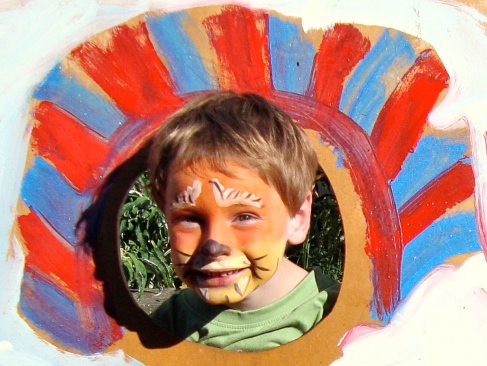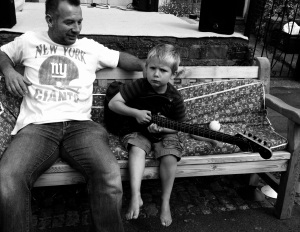Bad Behaviour, not Bad Person
If you need to discipline a child always remember it is the behaviour that is bad, never the child. A subtle distinction to you, but massive to the child who could easily internalise that they are “bad” if told too much.
Positive language
Choose your words carefully. If you keep repeating “don’t spill your drink” to a child it will only think of spilling its drink. If you use positive language like “the drink stays in the cup” you are giving a positive reinforcement to the child, and an accident is much less likely to happen.
Sort yourself out
Having kids can very easily tap into your own insecurities. This could easily lead to you behaving like a child to your child. Not a good idea! So you need to sort out any psychological hangovers you have left from your childhood so that you can genuinely be adult with them.
Boundaries & Discipline – Just say NO
As a forward thinking, liberal dad disciplining your child can seem a difficult challenge. It can be helpful to rethink boundaries, not as a punitive and restrictive experience for your child. Boundaries give a child safety and allow them to explore the edges of what is safe and what is not. That’s why they keep pushing. They are waiting for you to say STOP. Then they know where the edge is. Remember you are a dad, not a mate.
Deferred gratification
In her intriguing book “French Children Don’t Throw Food”, Pamela Druckerman discusses the French way of bringing up kids. This partly involves teaching children and even babies to wait, rather than pamper to their every need instantly. Although this can appear a bit harsh, Druckerman maintains that this is teaching children a valuable life skill – being able to regulate their own behaviour.
© 2016 Arieh Kronenberg
I work with many fathers of young kids to help them through this transition in a creative and fulfilling way. To find out more contact me.


